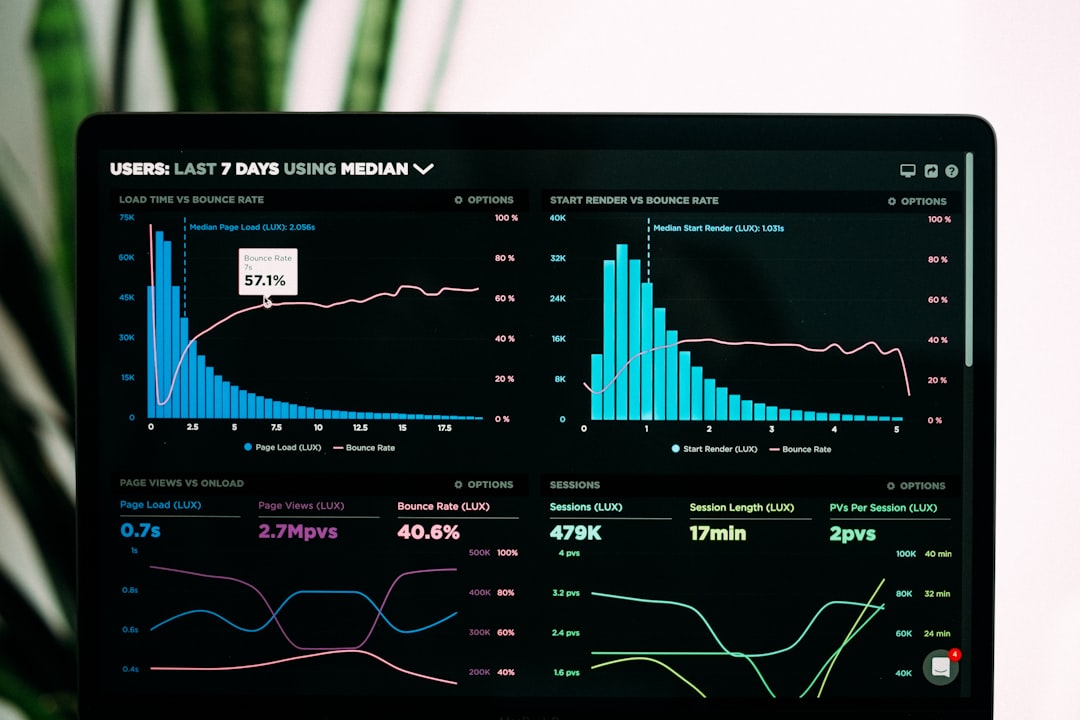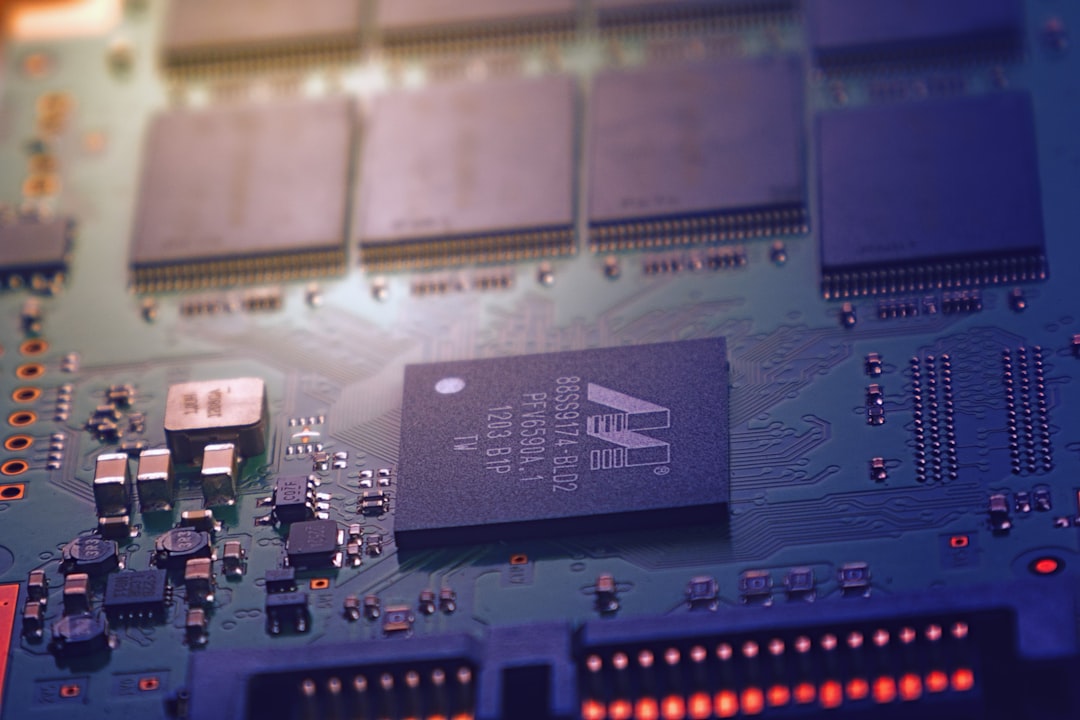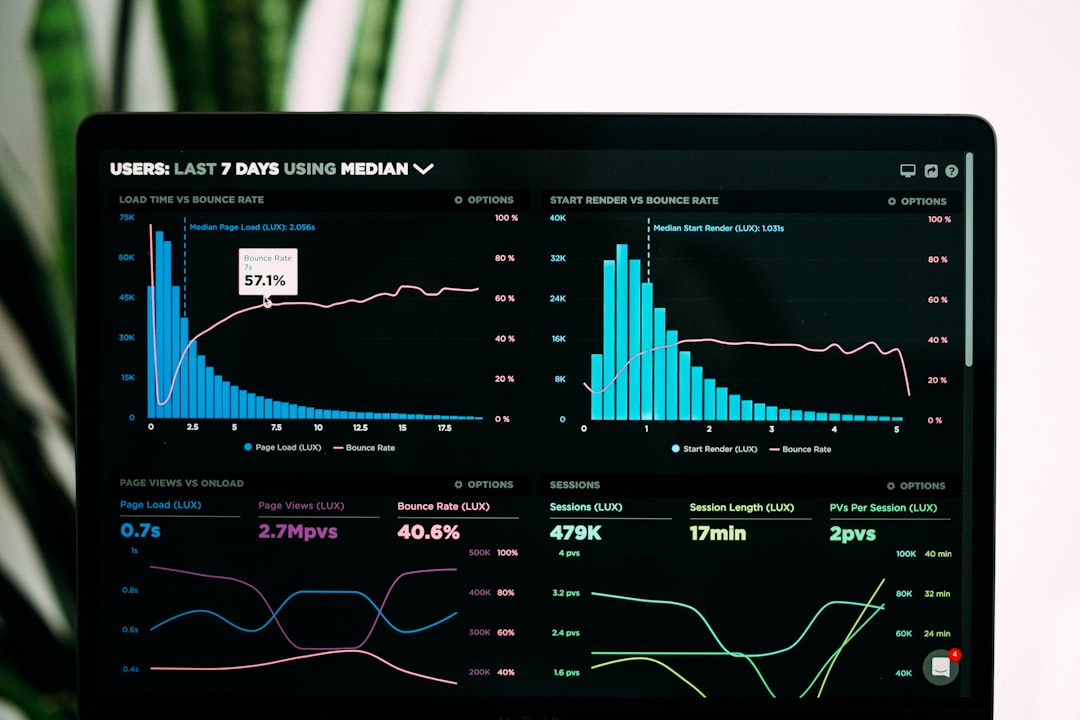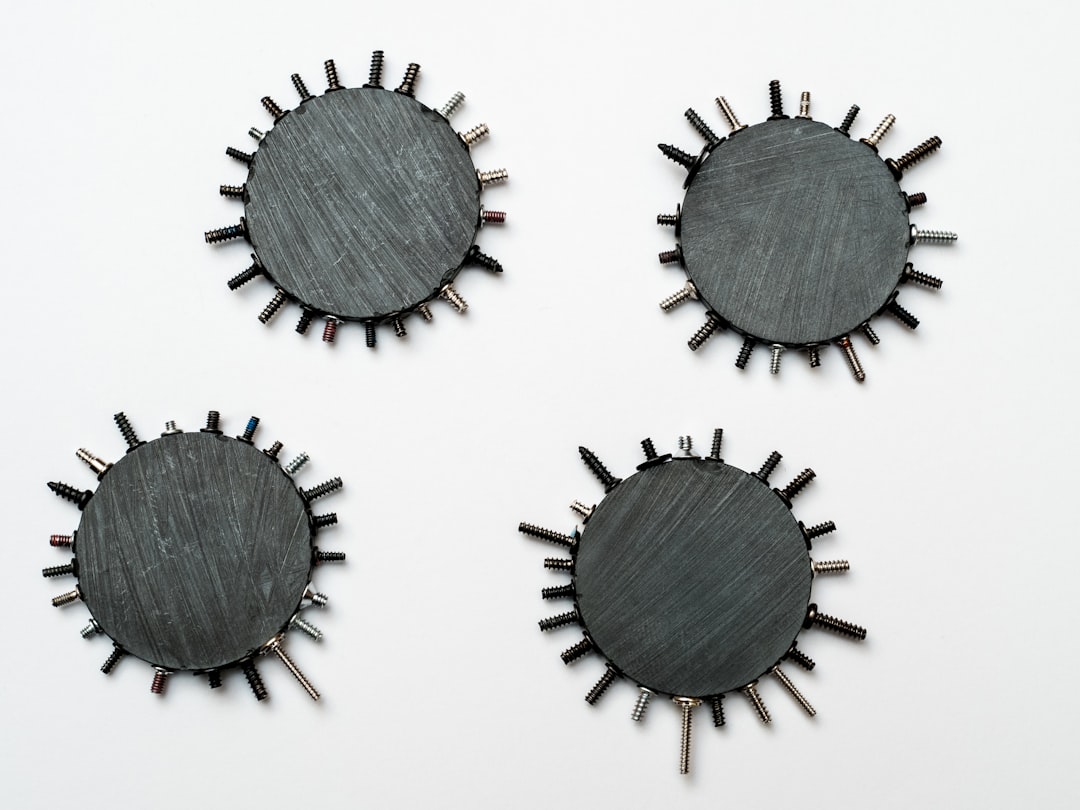Unlock encrypted content
Please enter your SSCE key to initiate on-the-fly decryption.
Decryption key: (Click cancel if you don't have the key)
Copied link to clipboard.
This feature is unavailable for free accounts. Upgrade now and enjoy all Premium benefits.
Go Premium!
This feature is unavailable for free accounts. Upgrade now and enjoy all Premium benefits.
Go Premium!
Please open this page in browser ( Google Chrome or Safari ) to use this feature.
Open In Browser
The Future of Data Security: Cognitive Computing, Blockchain, and Edge Computing Storage.
Random related video for this blog.
Copied share link to clipboard.
Data security has become a top priority in today's interconnected world. With the advent of the Internet of Things and the proliferation of devices, data is being generated at an unprecedented rate. As a result, businesses, governments, and individuals are increasingly concerned about the security of their data. In this article, we will explore how cognitive computing, blockchain technology, and edge computing storage are changing the landscape of data security.
Cognitive Computing
Cognitive computing is a branch of artificial intelligence that uses machine learning algorithms to simulate human thought processes. It is being used to improve data security by identifying patterns in data that may indicate a security breach. For example, cognitive computing can be used to detect unusual activity on a network or to identify potential threats before they occur.
One example of cognitive computing being used for data security is IBM's Watson for Cybersecurity. This platform uses machine learning to analyze security data and identify potential threats. It can also provide recommendations on how to mitigate those threats. Another example is Darktrace, which uses machine learning to detect and respond to cyber threats in real-time.
Blockchain Technology
Blockchain technology is best known for its use in cryptocurrencies like Bitcoin. However, it has many other applications, including data security. Blockchain is a decentralized ledger that records transactions in a way that is secure, transparent, and tamper-proof. It is being used to secure everything from financial transactions to medical records.
One example of blockchain being used for data security is Guardtime. This company uses blockchain to secure data for the Estonian government. The blockchain ensures that the data has not been tampered with and provides a permanent record of all transactions. Another example is Factom, which uses blockchain to secure medical records. The blockchain ensures that the records are accurate and cannot be altered.
Edge Computing Storage
Edge computing storage is a decentralized storage system that stores data on devices at the edge of a network. This reduces the load on centralized servers and improves data security by reducing the number of points of entry for potential attackers. Edge computing storage is being used to store everything from medical records to financial data.
One example of edge computing storage being used for data security is FileLu. This cloud storage provider uses edge computing storage to ensure that data is stored securely and is accessible only to authorized users. The system is decentralized, which means that there is no single point of failure. This makes it more secure than traditional centralized storage systems.
Autonomous Vehicles and Mind Uploading
Autonomous vehicles and mind uploading may seem like science fiction, but they are both potential applications of cognitive computing and edge computing storage. Autonomous vehicles rely on cognitive computing to make decisions in real-time, while mind uploading requires vast amounts of data to be stored securely. Both of these applications require advanced data security measures to ensure that the data is not compromised.
In conclusion, data security is becoming increasingly important in today's interconnected world. Cognitive computing, blockchain technology, and edge computing storage are all changing the landscape of data security. By using these technologies, businesses, governments, and individuals can ensure that their data is secure and protected from potential threats.
If you are looking for a cloud storage provider that uses edge computing storage and provides advanced data security measures, consider FileLu. With plans ranging from 10 GB to 500 TB, and prices as low as $2.50 per month, FileLu is a cost-effective and secure option for storing your data.
File transfer, FTP backup, Upload video, Auto camera upload, Cloud storage, Online backup, Encryption file sharing, Large files transfer, Upload files, Share file, Photo upload, Video sharing site, Free file upload.
By Amelia Isabella.
Email: [email protected]
Related
FileLu.com: Reliable Cloud Storage for Efficient Data Replication and Intelligent...
June 27, 2023
Read More
Efficient File Sharing: Revolutionizing Data Privacy and Real-Time System Monitoring...
June 27, 2023
Read More
Cyberpunk Intuitive File Collaboration Interfaces: Revolutionizing the Way We Work
June 27, 2023
Read More
Remote Upload: Streamline Your Workflow with Robotic Process Automation and...
June 27, 2023
Read More
Cloud Storage for Businesses: Embracing Futuristic Gadgets and Machine Learning...
June 28, 2023
Read More
Nanotechnology: Revolutionizing File Management and Storage for Photographers
June 28, 2023
Read More
Popular
Latest
The Future of Digital Transformation: Exploring Smart Homes, Efficient File...
November 30, 2025
Read More
Exploring the Benefits of Cloud Storage and Innovative Technologies in...
November 26, 2025
Read More
The Future of Technology: Exploring Biohacking, Space Tourism, and Digital...
November 23, 2025
Read More
The Future of File Sharing: Streamlined Workflows for Photographers and...
November 19, 2025
Read More
Exploring the Intersection of Technology: From Cybersecurity to Augmented Reality...
November 16, 2025
Read More
The Future of File Management: Embracing Edge Computing and Efficient...
November 12, 2025
Read More
The Future of File Sharing: Exploring User-Friendly Solutions and Data...
November 5, 2025
Read More
The Future of Cloud Storage: How FileLu Empowers Creative Professionals...
November 2, 2025
Read More
The Future of Autonomous Technologies: Innovations in Robotics, File Sharing,...
October 29, 2025
Read More
Emerging Technologies Revolutionizing File Management: From Li-Fi to Robust Collaboration...
October 26, 2025
Read More
Emerging Technologies: Exploring the Impact of File Access Auditing, Genetic...
October 19, 2025
Read More
The Future of Data Storage: Exploring Advanced Encryption, Mobile Integration,...
October 5, 2025
Read More
Exploring the Future of Data Management: Security, Efficiency, and Cognitive...
September 28, 2025
Read More
Revolutionizing Data Management: Innovations in Storage, Security, and Sustainable Technology.
September 24, 2025
Read More




















